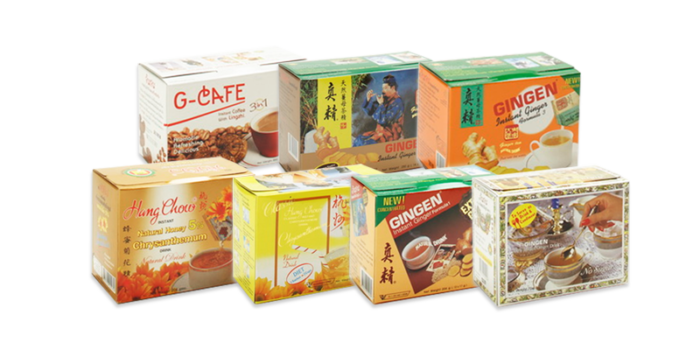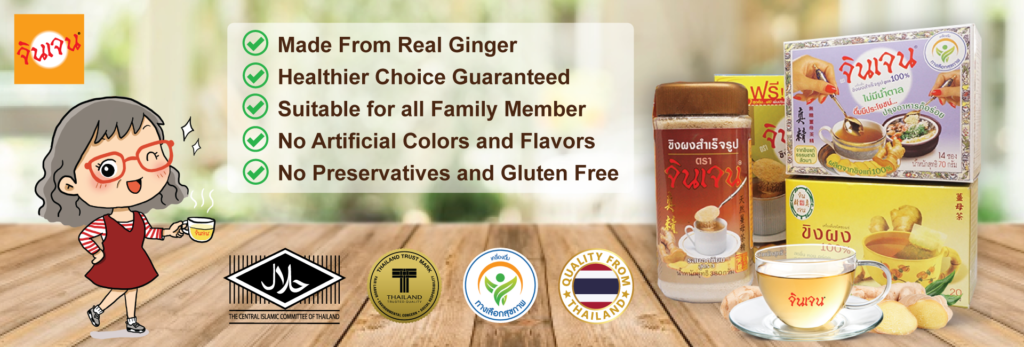Ginger as a Natural Remedy for Diarrhea
Diarrhea, characterized by frequent loose or watery bowel movements, is a common digestive issue that can result from various causes, such as infections, food intolerances, or gastrointestinal disorders. For centuries, ginger has been recognized as a natural remedy for alleviating diarrhea symptoms. From a medical perspective, ginger’s therapeutic properties are largely attributed to its ability to reduce muscle spasms in the digestive tract, which can help soothe and ease the symptoms of diarrhea. This makes ginger an effective and safe option for managing this uncomfortable condition.
Ginger contains bioactive compounds such as gingerol and shogaol, which have anti-inflammatory, antispasmodic, and antibacterial properties. These compounds play a crucial role in altering the behavior of neurotransmitters that send nerve signals within the digestive tract. By modulating these nerve signals, ginger helps to relax the muscles of the gastrointestinal tract, reducing spasms and contractions that often lead to diarrhea. Additionally, ginger’s antimicrobial properties make it effective against certain bacteria and pathogens that cause gastrointestinal infections, including those related to food poisoning and other infections.
Research has also shown that ginger is effective in combating various gastrointestinal symptoms, including nausea, vomiting, and abdominal pain. It is especially helpful for individuals suffering from conditions that involve both nausea and diarrhea, such as viral gastroenteritis or foodborne illnesses. Ginger works by influencing the serotonin receptors in the gut, which helps to alleviate nausea and vomiting that often accompany diarrhea. This dual-action makes it a comprehensive remedy for digestive disturbances.
While ginger is generally considered safe for most people, it is important to consume it in moderation. Excessive intake can lead to mild side effects such as heartburn, gas, or bloating. For those considering ginger as a remedy for diarrhea, a suggested dosage might be consuming a small piece of fresh ginger or a cup of ginger tea 2-3 times daily until symptoms subside. Ginger supplements are also available but should be taken under the guidance of a healthcare professional, particularly for individuals with underlying health conditions or those on medications.
In conclusion, ginger’s ability to ease diarrhea by reducing muscle spasms and its effectiveness against gastrointestinal infections makes it a valuable natural remedy. However, as with any natural remedy, it is advisable to consult with a healthcare provider to ensure it is appropriate for your specific health needs.
References:
Medical News Today, 2023. “The Health Benefits of Ginger for Diarrhea and Other Gastrointestinal Issues.”











